Promoting digital transformation in management and training
The 4.0 industrial revolution is reshaping all areas of social life. Hanoi University of Natural Resources and Environment (HUNRE) has been a pioneer in applying digital transformation to management and training.
With the mission of training high-quality human resources for the agricultural and environmental sectors, HUNRE not only considers digital transformation as a supporting tool but also a strategic driving force to enhance its position, meet the needs of international integration and sustainable development. This journey, especially in the past 15 years, HUNRE has transformed from a traditional university into a modern, flexible and creative educational model.
Digital transformation at HUNRE started with the fundamental steps in administrative management and training, strongly promoted by the COVID-19 pandemic - a "push" that forced rapid digitalization. In 2020, the school deployed the HUNRE E-Learning system, an open online training platform built by the teaching staff on an open source platform. This system not only allows for online classes but also integrates comprehensive learning management, from course registration to assessment of results.
To date, HUNRE E-Learning has served more than 15,000 students, with more than 10% of courses designed for online training according to Circular 01/2024 of the Ministry of Education and Training . Tools such as Zoom, Microsoft Teams and Moodle are widely used, combined with 3D simulations and interactive lectures, helping students access knowledge flexibly, especially in technical fields such as Geodesy - Cartography (using ArcGIS, MapInfo and drone technology) or Environmental Engineering Technology.
A notable step forward is the birth of HUNRE AI - a smart virtual assistant introduced in 2024, marking the application of artificial intelligence (AI) in education. HUNRE AI not only supports admissions consulting and administrative process lookup but also personalizes the learning path for each student, based on learning behavior analysis data.
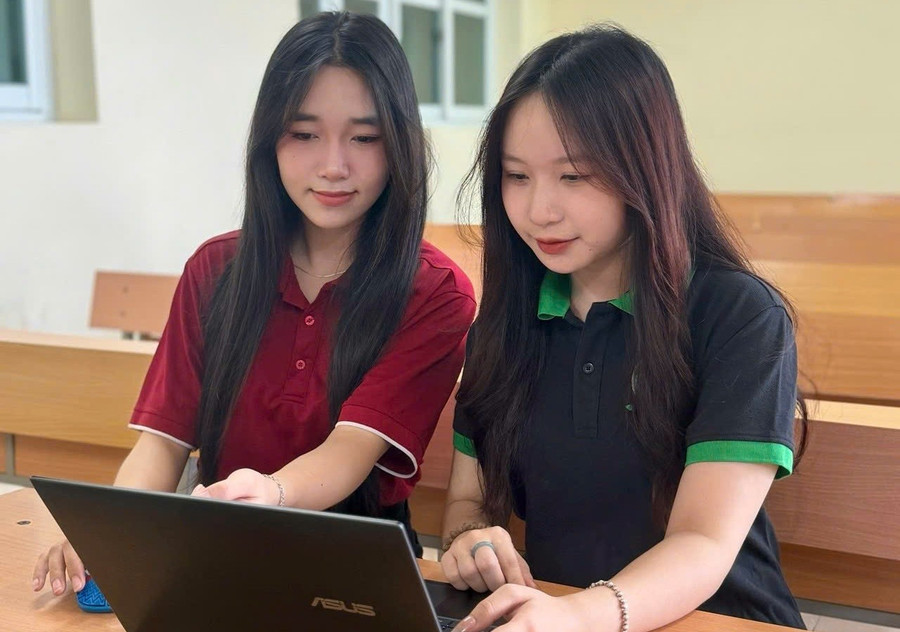
With a friendly interface, a keyword recognition system and learning from the school's official data source, HUNRE AI has significantly reduced the workload for staff while improving the user experience. For example, students can ask about exam schedules, study materials or even career path suggestions, with plans to expand voice integration and Zalo connection in the near future. By 2025, HUNRE AI has processed more than 50,000 interactions, contributing to the construction of a "smart university" - a model that the school is aiming for to implement Resolution 71 of the Politburo.
Regarding management, HUNRE has deployed HUNRE EMS (Enterprise Management System) - an integrated enterprise management system, gradually replacing manual processes. This system includes automatic course registration management modules, prerequisite testing, electronic document management and intuitive statistical dashboard.
The online one-stop service portal allows students to apply for admission, enroll and manage their records without having to come to campus, reducing processing time from weeks to just a few hours. The Libol 6.0 connected e-library with more than 1,000 digitized specialized books, along with centers such as the Data Center, Media & Library, have created a complete digital ecosystem. These efforts not only improve administrative efficiency but also promote digital culture across the university, with digital skills training programs for lecturers and students.
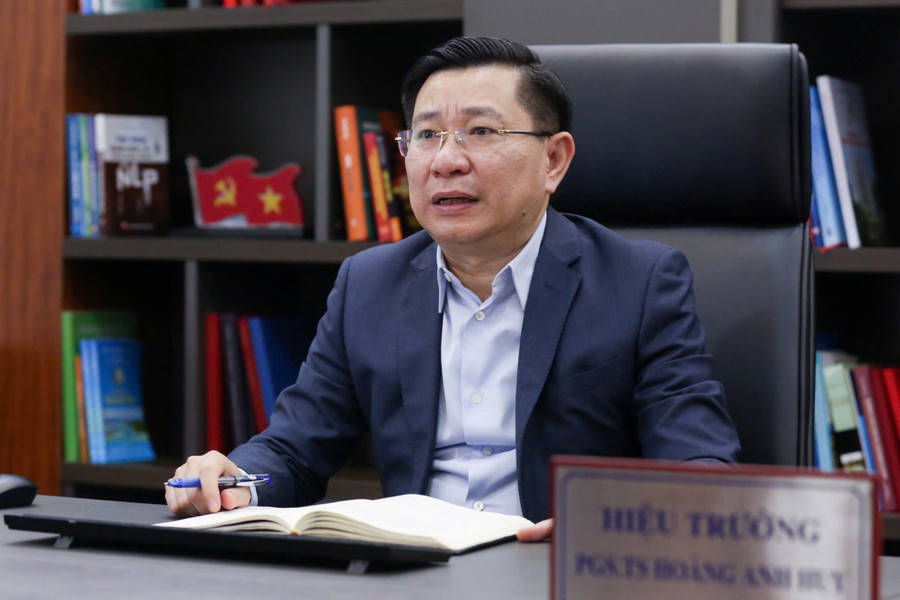
HUNRE's future orientation in digital transformation is to become a national key university by 2035, with a focus on comprehensive application of 4.0 technology. The school is investing in cloud infrastructure, digital laboratories and AI research projects applied in meteorological forecasting and water resources management. Cooperating with enterprises such as MISA to develop training management software, along with international partners such as Chosun University (Korea) and Politecnico di Milano (Italy), will bring advanced blended learning models. Furthermore, HUNRE is committed to integrating ethical AI, ensuring academic integrity and data security, and expanding training programs on Digital Economy and Climate Change with a focus on digitalization.
Digital transformation at HUNRE is not only a matter of technology but also a change in thinking – from traditional to creative, from local to global. With these steps, the school is affirming its position as a "leading flag" in green education and digitalization, contributing to building Vietnamese human resources ready for the 4.0 era.
Towards key universities
The 15th anniversary of its establishment (2010 - 2025) is an opportunity for Hanoi University of Natural Resources and Environment to proudly look back on the journey of training more than 50,000 bachelors, engineers, masters and students - "green warriors" who are contributing to protecting resources and promoting sustainable development for the country.
From a specialized college, HUNRE has grown into a multidisciplinary university with 23 bachelor programs, 8 master programs, and an expansion of doctoral programs, meeting AUN-QA international quality standards. Training quality lies not only in quantity but also in the close connection between theory, practice and international integration, ensuring that graduates have jobs in the right field up to 95-100% within 12 months.
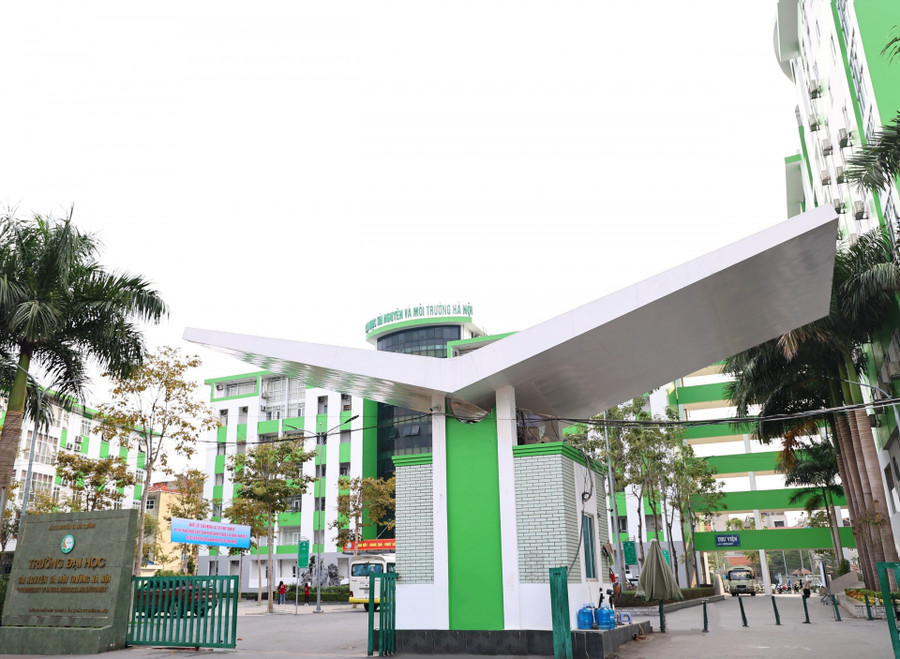
In terms of quantity and scale, HUNRE currently trains more than 15,000 undergraduate and graduate students. The basic bachelor's programs have covered the fields of state management of the agricultural and environmental sectors with 23 training majors, from core such as Environmental Engineering, Land Management, Meteorology, Hydrology to diverse such as Natural Resource Economics, Logistics, English Language and Law. By 2025, the school has organized 15 regular undergraduate courses, 15 bridging courses and 9 master's courses, with an on-time graduation rate of over 90%. In particular, the new high-quality programs (CLC) expanded in 2025 - such as CLC Business Administration, CLC Marketing and CLC Tourism Services Management - attracted more than 500 students, with more than 50% of the subjects bilingual in English and linked to internship businesses. These figures reflect strategic expansion, meeting human resource needs for the Ministry of Natural Resources and Environment as well as FDI enterprises.
Training quality is the "soul" of HUNRE. The training program is designed with an application orientation, integrating 4.0 technology such as GIS, drones and AI, helping students not only master professional knowledge but also practice soft skills through practical projects. The rate of students having jobs after graduation is 91-100%, with many alumni holding leadership positions at research institutes, environmental enterprises and state agencies. Extracurricular activities such as HEC Club (English), HUNRE Blood and "Action for the Earth" competitions (GLS 2022 award) have nurtured a sense of social responsibility, helping students stand out in the labor market.

International cooperation is a "bridge" to improve quality, with more than 20 MOU agreements with schools such as Curtin University (Australia) - 2+2 program granting international degrees in Business Administration and Accounting; Chosun University (Korea) on student exchange; and Politecnico di Milano (Italy) on teaching scholarships. These links provide opportunities for overseas internships, international courses and joint research on climate change, REDD+. In 2025, HUNRE sent more than 200 students to participate in the exchange, and welcomed a group of Dutch experts on water resources management. Master's programs (majors such as Natural Resources and Environmental Management, Environmental Science...) and doctoral orientation (expected to open in 2026) are adjusted to international standards, with foreign language requirements TOEFL/IELTS and scientific publications.
After 15 years, HUNRE has not only trained "quantity" but also created "quality" - generations of green, creative and integrated human resources. With the vision of becoming a key university by 2035, the school continues to innovate, ensuring that each bachelor and master is an "ambassador" for the sustainable development of Vietnam.
Source: https://giaoducthoidai.vn/hunre-nang-cao-chat-luong-dao-tao-vuon-minh-trong-ky-nguyen-so-post755966.html










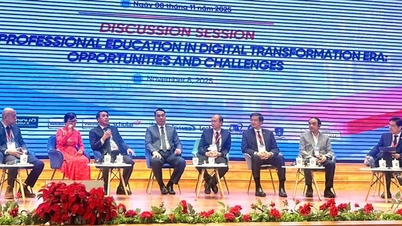

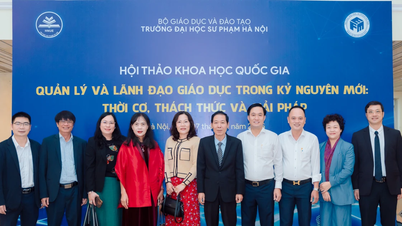


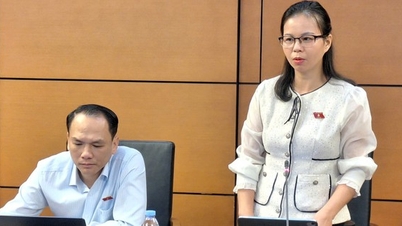

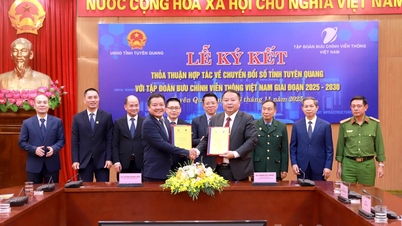






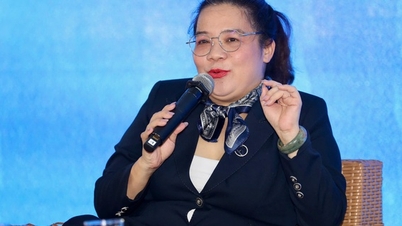







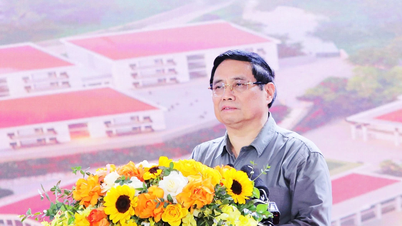
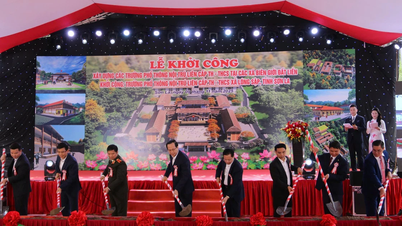

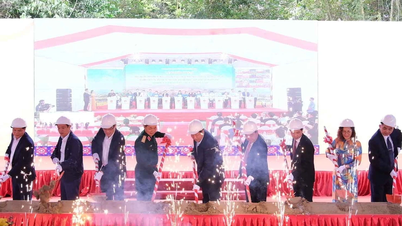
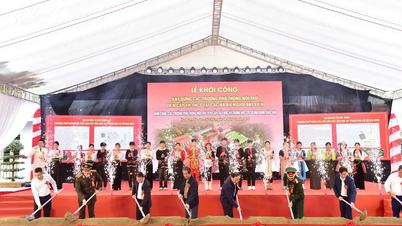







































![[Infographic] Vietnam's stock market exceeds 11 million trading accounts](https://vphoto.vietnam.vn/thumb/402x226/vietnam/resource/IMAGE/2025/11/09/1762677474332_chungkhoanhomnay0-17599399693831269195438.jpeg)





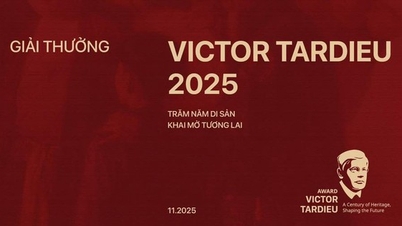


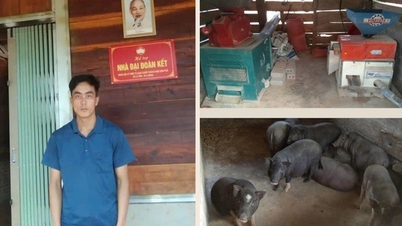







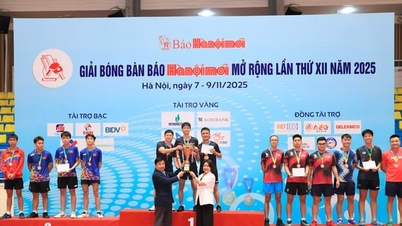




![Dong Nai OCOP transition: [Part 2] Opening new distribution channel](https://vphoto.vietnam.vn/thumb/402x226/vietnam/resource/IMAGE/2025/11/09/1762655780766_4613-anh-1_20240803100041-nongnghiep-154608.jpeg)










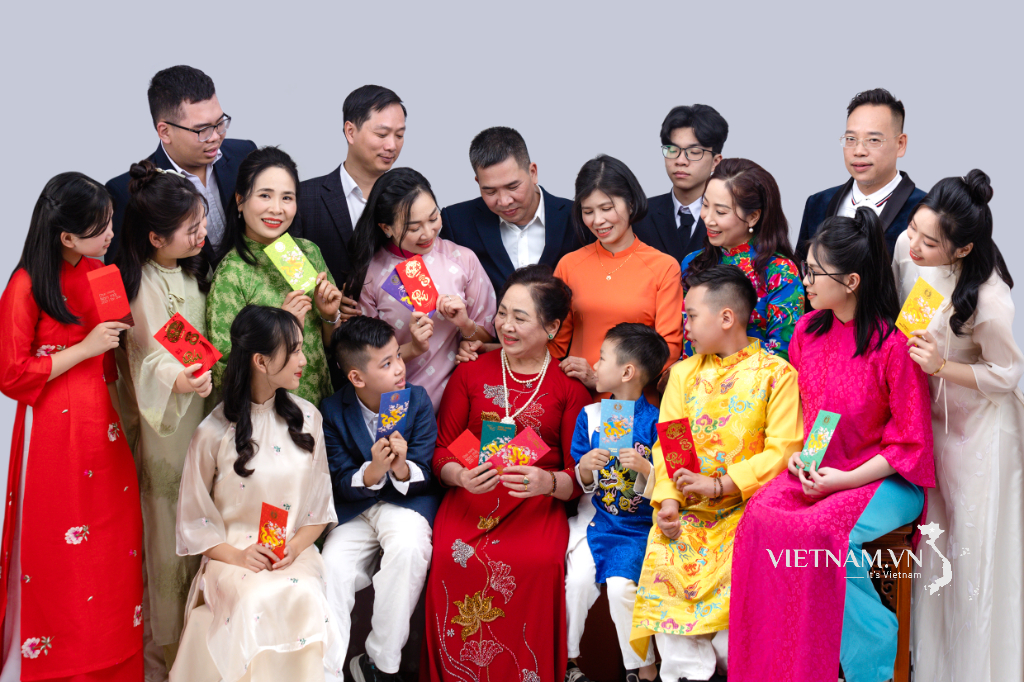


Comment (0)